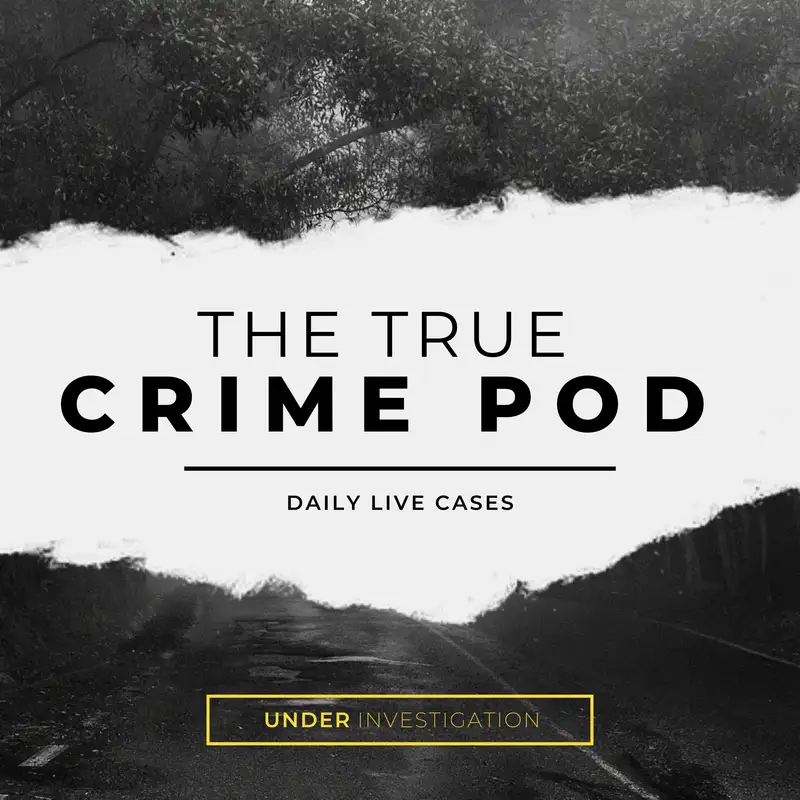
🚨 Degrees of Darkness: When a Criminology Student Becomes the Accused
Welcome to The True Crime Pod, where we examine the most compelling cases in criminal justice. Before we begin today's episode, please note that this story contains discussions of murder and violence.
In the quiet college town of Moscow, Idaho, four young lives were tragically cut short in November of two thousand and twenty-two. Now, a recent court ruling has brought this case back into the spotlight, raising complex questions about mental health, justice, and capital punishment.
Bryan Kohberger, a criminal justice graduate student at Washington State University, stands accused of brutally murdering University of Idaho students Ethan Chapin, Xana Kernodle, Madison Mogen, and Kaylee Goncalves. The murders sent shockwaves through both campus communities and left the nation wondering how someone studying the very nature of crime could be accused of such a horrific act.
What makes this case particularly notable is a recent development regarding Kohberger's defense strategy. His legal team attempted to have the death penalty removed as a potential punishment, citing his recent diagnosis of Autism Spectrum Disorder. However, on the twenty-fifth of April, two thousand and twenty-five, Judge Steven Hippler made a landmark ruling that would significantly impact the case's trajectory.
The judge determined that autism alone does not exempt someone from capital punishment. In his words, ASD may be considered as a mitigating factor, but it's not a automatic disqualifier for the death penalty. The prosecution had argued that Kohberger's mild autism came without intellectual impairment, noting his pursuit of advanced education.
The investigation that led to Kohberger's arrest was a masterclass in modern forensic techniques. Six weeks after the murders, investigators matched his DNA to evidence found on a knife sheath at the crime scene, leading to his arrest at his parents' home in Pennsylvania.
The judge's recent rulings also addressed several other crucial aspects of the upcoming trial. While some hearsay statements from the nine-one-one call must be redacted, most of the text messages between surviving roommates and the emergency call contents will likely be admissible as evidence.
As we look ahead to the trial scheduled for August, with jury selection beginning in late July, we're reminded of the complexity of criminal justice when mental health intersects with violent crime. This case challenges our understanding of responsibility, punishment, and the role of neurodiversity in criminal proceedings.
If you've been affected by any of the issues discussed in today's episode, please reach out to the National Crisis Hotline. Remember to stay safe, stay informed, and subscribe to The True Crime Pod wherever you get your podcasts. Visit our website at thetruecrimepod.com for more information on this and other cases. Together, we explore the truth, seek justice, and honor the memories of those we've lost.